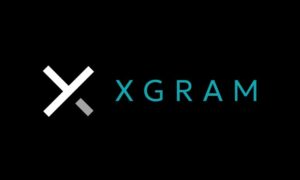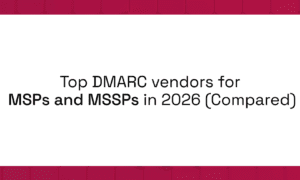Let’s be honest — tank inspection isn’t the most glamorous part of running a facility. It’s not the kind of thing that gets you excited on a Monday morning. But you know what does get your blood pumping? A surprise leak, an EPA fine, or a full-blown tank failure that halts operations and costs a small fortune. Fun, right?
That’s why inspections matter. And more importantly, good inspections matter.
But here’s the kicker — not all inspection services are created equal. Just because you’re getting API 653 inspection doesn’t mean you’re getting the right ones. And yeah, some serious red flags get overlooked more often than we’d like to admit.
So, let’s dig in. If you’re working with an inspection service (or considering one), here are a few warning signs that should absolutely make you pause, raise an eyebrow, and maybe even make a phone call.
-
Your Reports Look… Vague
Okay, here’s the deal: if you’re getting inspection reports that feel more like a generic checklist than an actual snapshot of your tank’s condition, something’s off.
A proper report should tell a story. Where was the corrosion? What’s the severity? Are there historical comparisons? Photos? Ultrasound or acoustic readings?
If your reports could’ve been written by ChatGPT in five seconds (yep, the irony’s not lost on us), then your inspection provider isn’t doing the deep work.
-
They’re Rushing Through the Job
You know that weird feeling when someone’s doing just enough to technically say they’ve “done their job”? Yeah, that’s a red flag.
Tank inspections — real ones — take time. They involve prep, careful testing, thorough analysis, and post-inspection reviews. If your service crew is in and out like they’re late for lunch, you have to wonder: what did they actually check?
The best inspectors move with purpose, not speed. There’s a difference.
-
They Never Talk About Predictive Maintenance
If your inspection provider is only telling you what’s currently wrong, they’re not helping you avoid future problems. And that’s a missed opportunity.
We’re in 2025. Predictive maintenance isn’t just a buzzword anymore — it’s the industry standard. Any inspection company worth your time should be talking about trends, forecasting issues, and suggesting preventive actions.
If they’re not even mentioning it? Huge red flag. It means they’re reactive, not proactive. And that’s the kind of mindset that leads to expensive emergencies.
-
You Never See the Same Inspectors Twice
Now look, sometimes turnover happens. But if your tank inspection company seems to send a revolving door of new people every time, that’s a problem.
Why? Because familiarity matters. When inspectors have context — previous reports, tank history, site quirks — they’re more effective. If it’s someone new every single visit, they’re starting from scratch each time, and stuff gets missed.
Also, constant staff changes can point to deeper internal issues at the company. Not a good look.
-
They Don’t Ask Questions
This one might sound small, but trust me, it’s big.
If the tank integrity inspection services team shows up, does their thing, and leaves without ever asking you about operational changes, recent maintenance, or known issues — red flag.
Good inspectors are curious. They want to understand the full picture. Because guess what? Your input helps them catch problems sooner. It’s a partnership, not a drive-thru transaction.
-
They Rely on Outdated Tech
Still using only visual inspections and a clipboard? Yikes.
While eyes-on-the-tank still has its place, modern inspection involves tools like drones, ultrasonic testing, thermal imaging, and (yep) even digital twins. These technologies can detect issues way before they’re visible.
If your inspection company doesn’t use — or at least offer — any of this? They’re stuck in the past. And you could be missing early warning signs that newer tech would have picked up.
-
They’re Weirdly Quiet About Compliance
Another biggie: if your inspection company never brings up compliance or upcoming regulatory changes, it’s a red flag waving in your face.
Staying compliant is a major reason for inspections in the first place. Your provider should be guiding you through the maze of codes, certifications, and environmental regulations. If they’re not, you might be walking blind into a violation.
Let’s Wrap This Up
Look, we all want to believe we’re in good hands. That the people inspecting our tanks know what they’re doing and care about getting it right.
But complacency can be dangerous.
If you’ve spotted any of these red flags in your current tank inspection setup — even one or two — it might be time to step back and reassess. Ask tougher questions. Get a second opinion. Or maybe… start shopping around.
Because in this business, missing the wrong thing at the wrong time doesn’t just cost money. It can risk lives, reputations, and everything you’ve worked to build





























